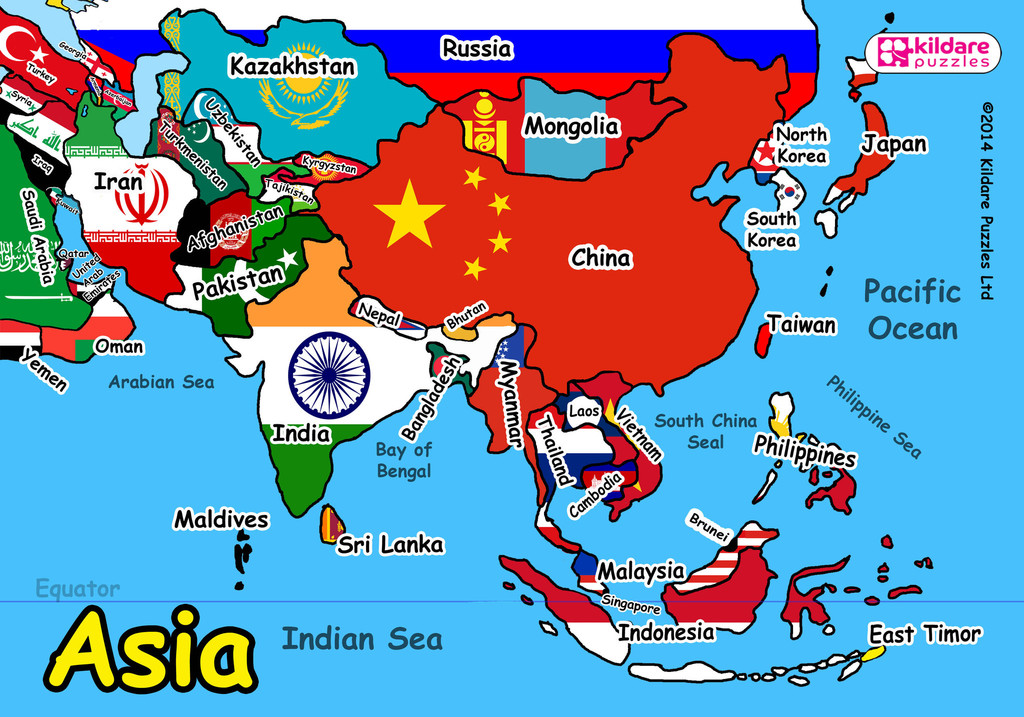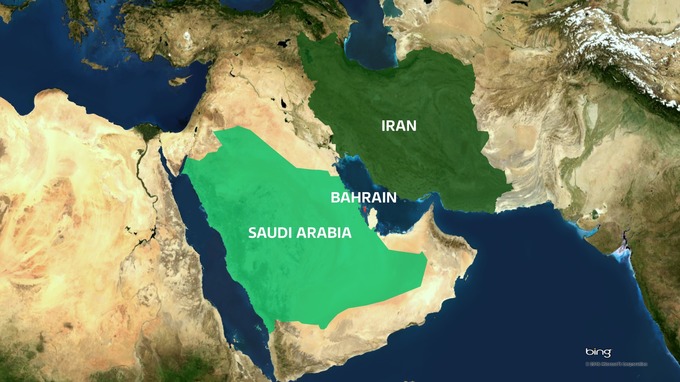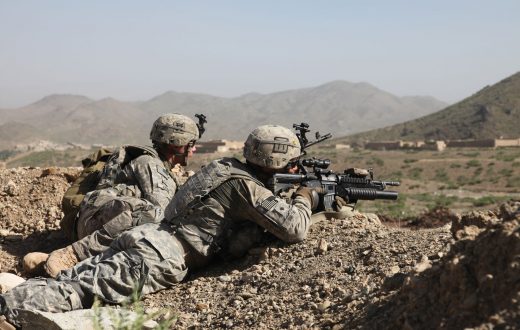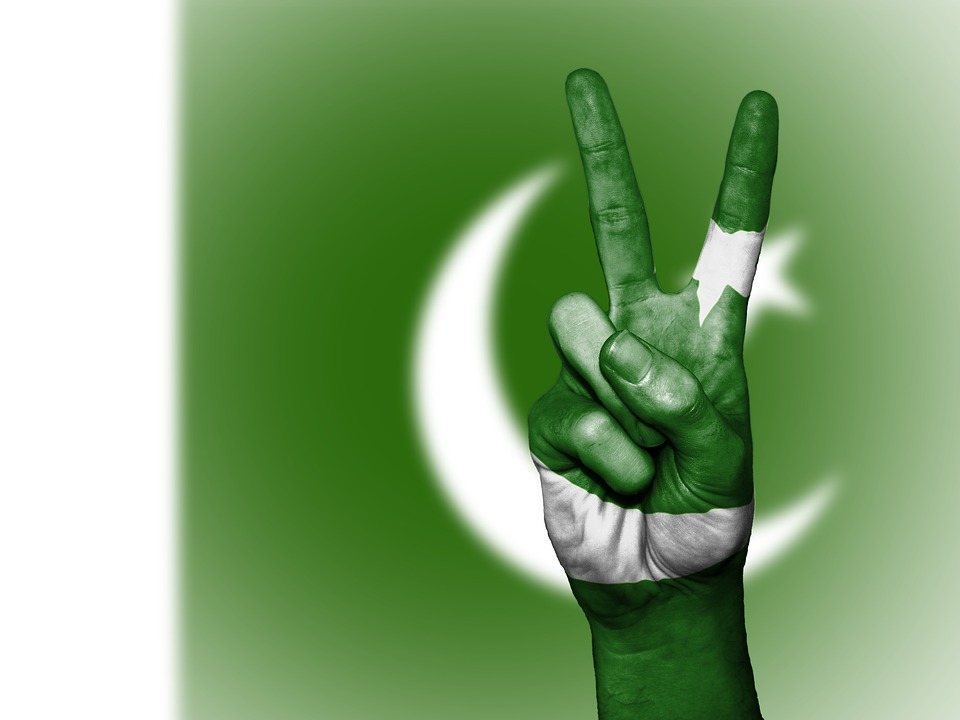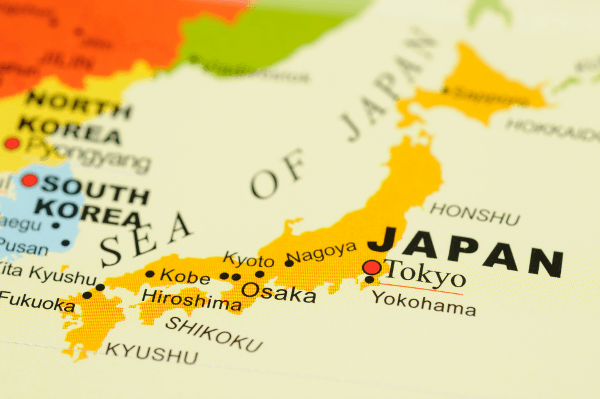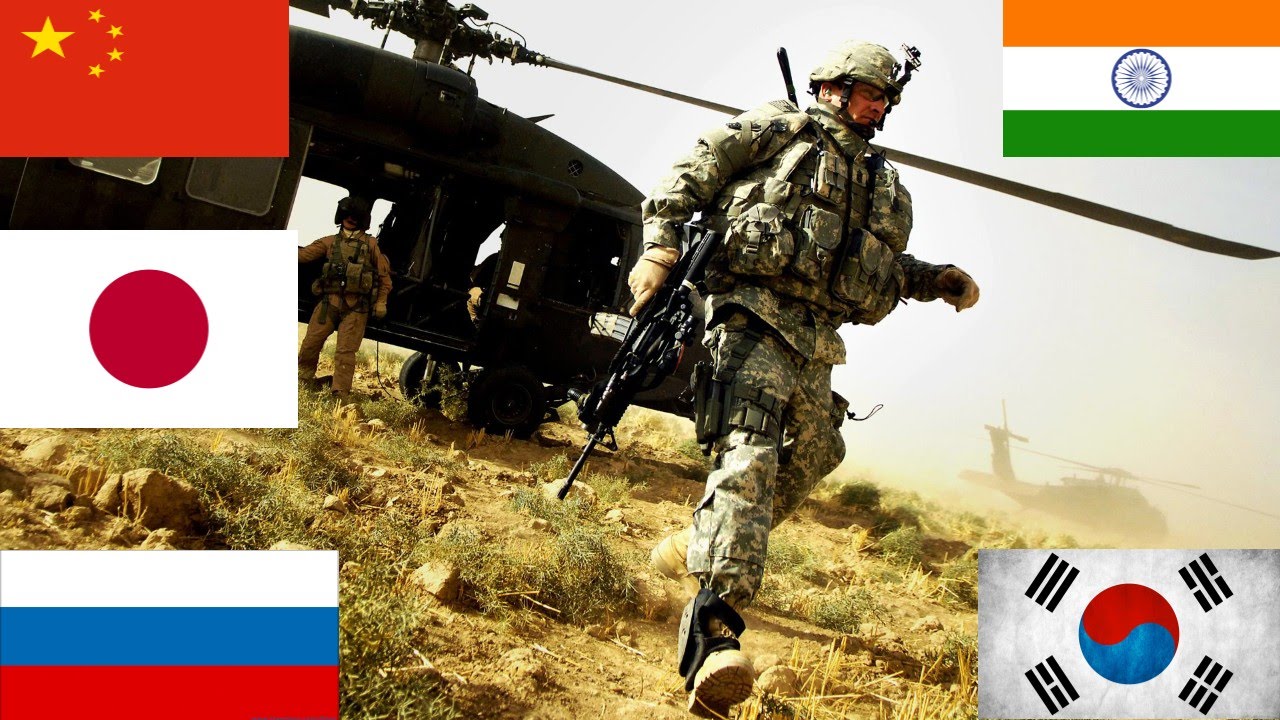Part 2 : Afghanistan a war-torn country yearns for peace. Life in Afghanistan has been paralyzed. Its economy is in tatters. Almost ninety percent of its GDP comes from foreign funding. Unemployment ratio is skyrocketing. Fifty percent of its population is unemployed. In the country, suicide bombing, bloodshed, and massacre of innocent people are norms of day. The Taliban and al Qaeda have ruined the country. Now Islamic state of Iraq and the Levant (ISIL) a militant group has been trying to hold it influence in Afghanistan. Unfortunately, the physical feature and the geostrategic position of Afghanistan absolutely suit to ISILs nefarious agendas and aims. In this sorry state of affairs of Afghanistan, it earnestly needs peace. It is high time for peace in Afghanistan.
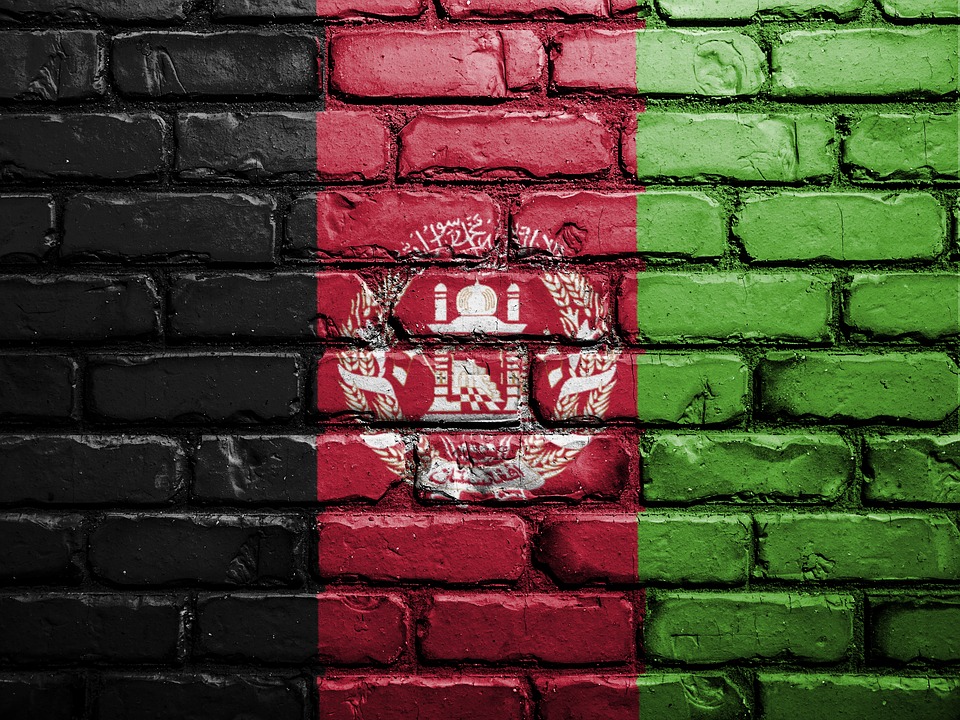
Hurdles for the peace process of Afghanistan:
First, the Afghan Taliban is of the viewpoint that whenever the foreign forces especially the US have not been withdrawn completely from the soil of Afghanistan they would not make any peace treaty with Kabul government. Though the NATO and the US tropes have withdrawn in 2014, yet there are 8,400 the US forces on the soil of the country. The reason for the presence of the US security forces is told that they are assisting the untrained army of Afghanistan. The Taliban, a major cause of destruction and bloodshed, is skeptical of the presence of the forces. The Taliban abominates the US presence. The Taliban is of the opinion that they are fighting for the independence of Afghanistan. The US and its allies have occupied their land.
Second, ineffective border management between Afghanistan and Pakistan is a major barrier for the peaceful Afghanistan. It provides safe haven to the militant groups. Durand line, an international border between Afghanistan and Pakistan, is 2250 KMs long. The border has 235 entry points along the border. The militant groups move freely to both neighboring countries. For example, a brutal militant group Haqanni Network attacks Kabul and hides itself in the border area of Pakistan. Similarly, Tehrek- i- Taliban (TTP) attacks Islamabad and takes sanctuary in bordering region of Afghanistan. Hence the porous border of Afghanistan and Pakistan provides safe heaven to militant groups.
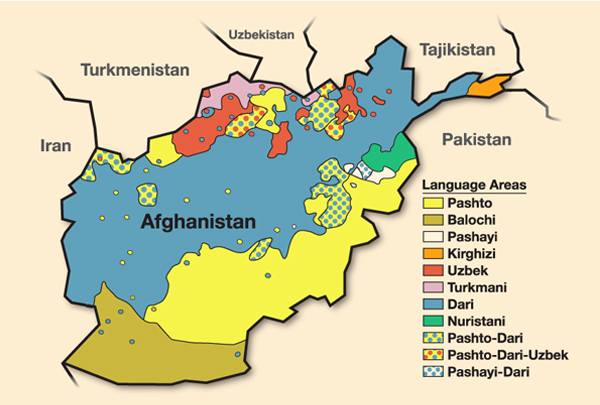
Third, proxy wars against each other by the neighbor and near neighbor countries such as India, Iran, and Pakistan also add to the devastation and destruction of Afghanistan. This phenomenon is a massive obstruction for the peace settlement in the country.
India sees Afghanistan in the prism of Pakistan. Some international and the domestic geopolitical experts maintain that India supports the National Directorate of Security (NDS) and the TTP to destabilize Pakistan. Pakistan blames that almost all insurgency particularly in Baluchistan is sponsored by the Indian intelligent agency RAW. Likewise, India alleged Pakistan aides Taliban and other militants groups to wreck havoc in India.
Afghanistan openly charged that Pakistan supports the Afghanistan Taliban. From the allegations and charges of the neighboring countries of Afghanistan, it is crystal clear that the neighboring countries are involved in destabilization of the region. The neighbor and the neighbor countries are a big hurdle for the peace of Afghanistan.
They use the territory and its manpower for their vested interests. Pakistan has been struggling for Islamabad friendly government in Kabul. This trend is deemed venomous by New Delhi. Similarly, India has been tying its level best to bring a puppet government such as Hamid Karzais government in Afghanistan which supports India. Hence Afghanistan becomes football in the hands of its neighboring countries.
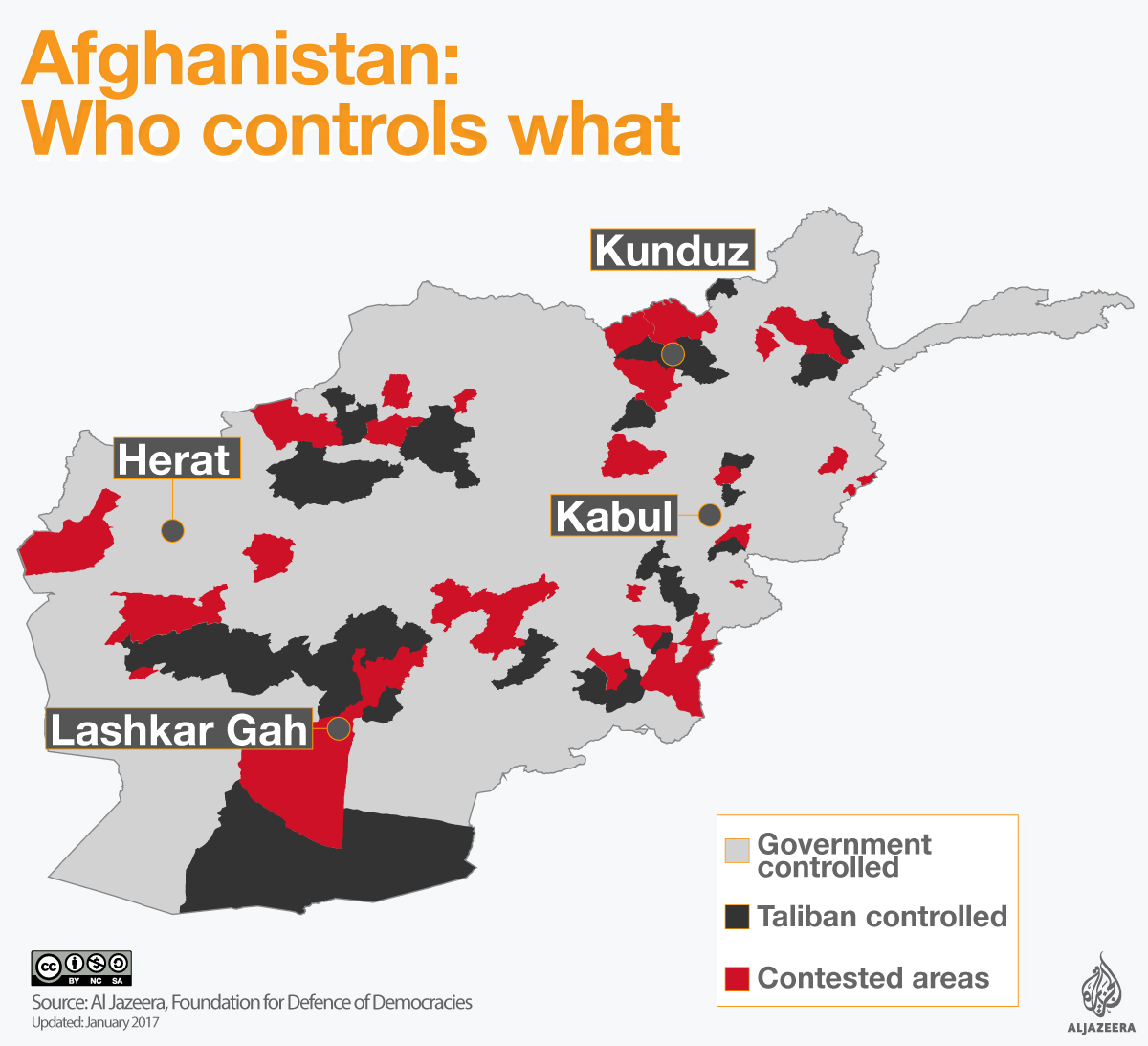
Forth, ethnic diversity and conflict in Afghanistan is a gigantic obstacle for the peace process of Afghanistan. The country has a diverse ethnic groups namely Pashton, Tajik, Uzbek, Hazara, so on. They are dragger drawn with each other, and abhor each other. This fact clears from the illustration of the formation of unity government of Afghanistan. All the ethnic groups do not like to work with each other. All ethnic groups think one is superior and mighty to other groups. Dependency even for common good is detested by the ethnic groups.
Fifth, Taliban abominates democracy. They opine democracy is western form of government and against the teaching of Islam (totally misinterpreted belief about Islamic tenets). Whenever Sharia is not enforced in Afghanistan they would continue their so-called Jihad (struggle) for imposing of it (sharia), the Taliban argues.
By Sattar Kingrani


